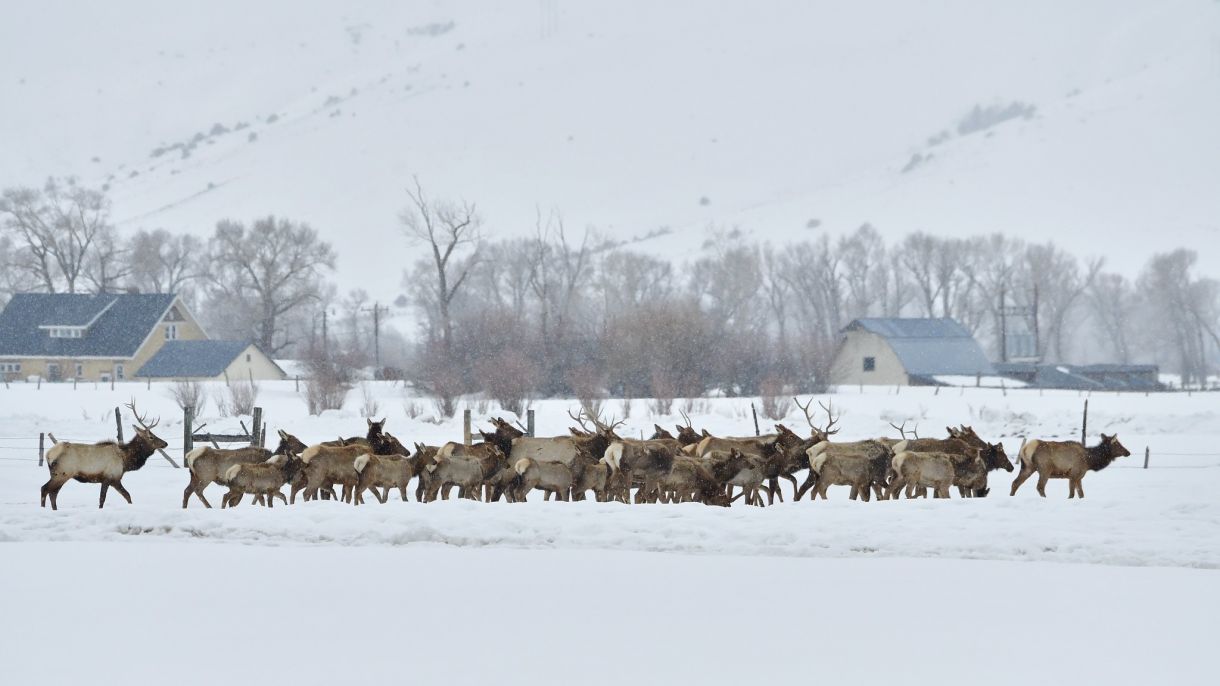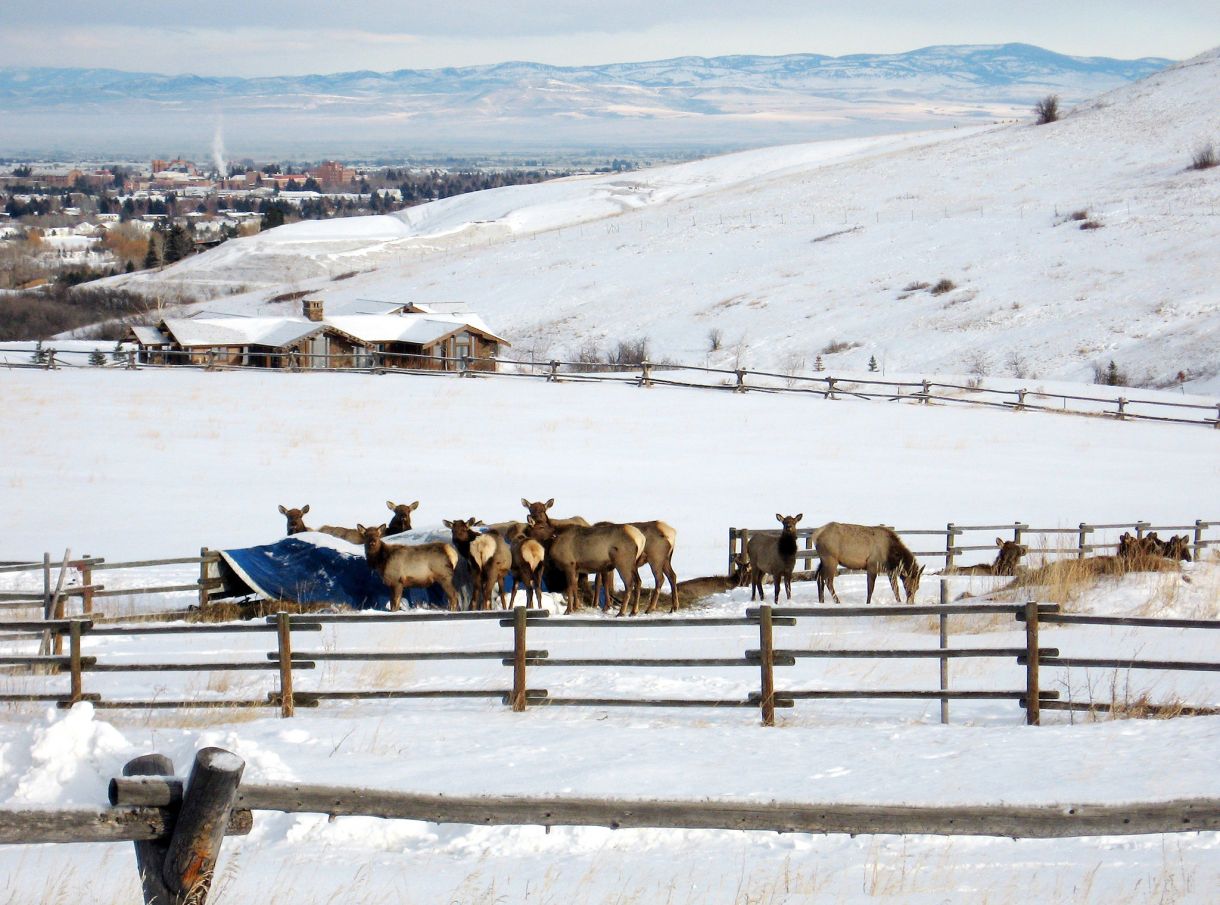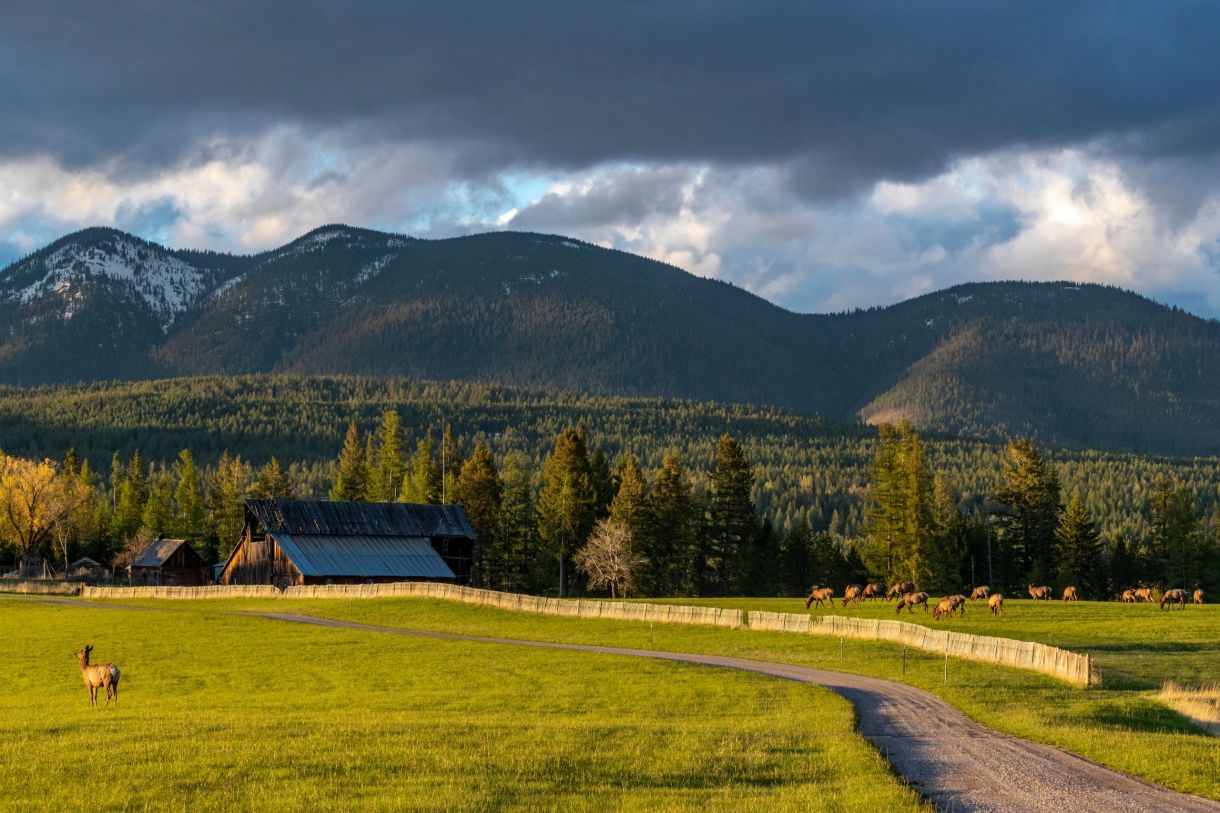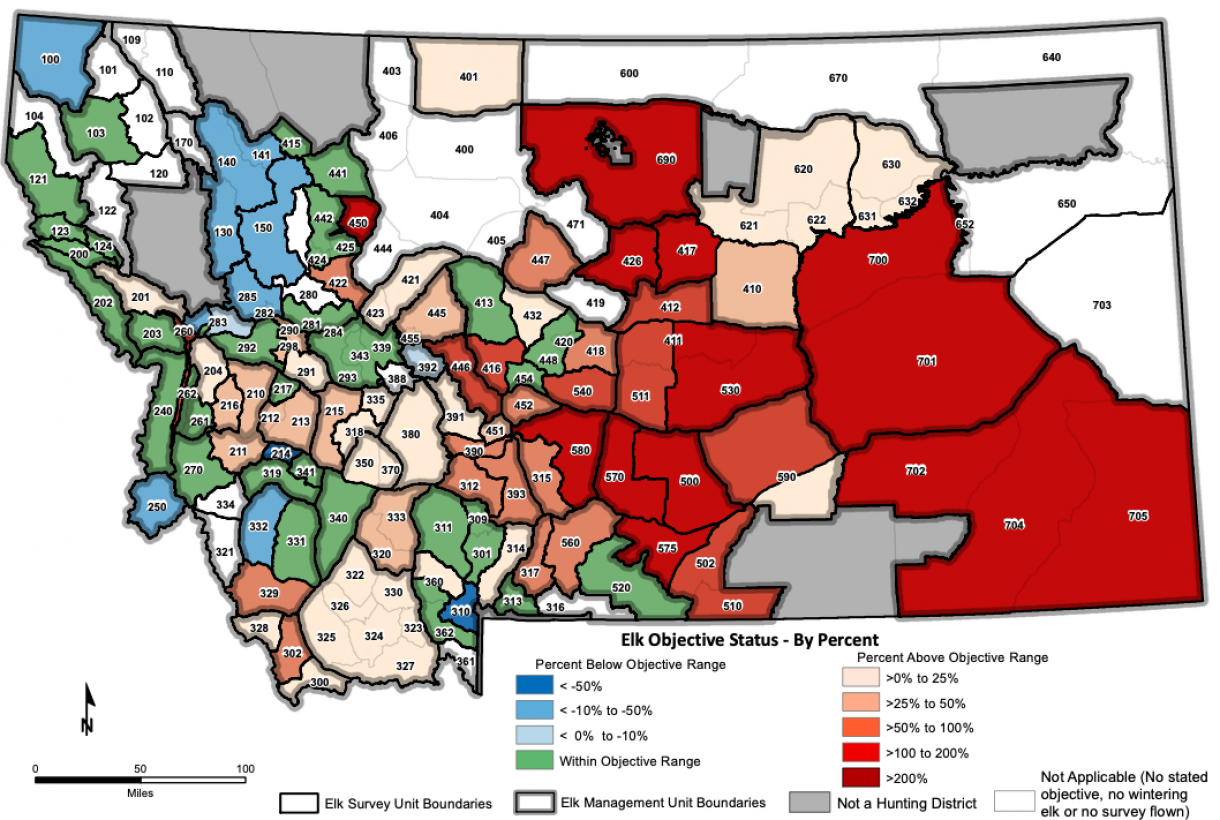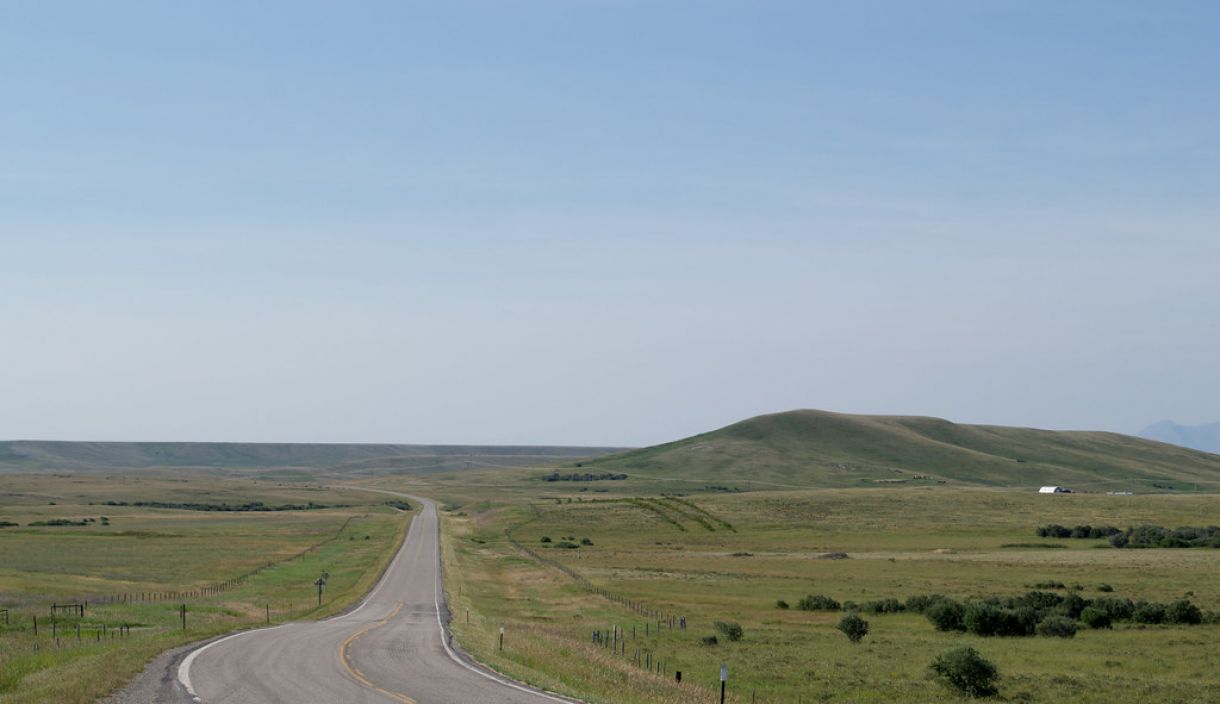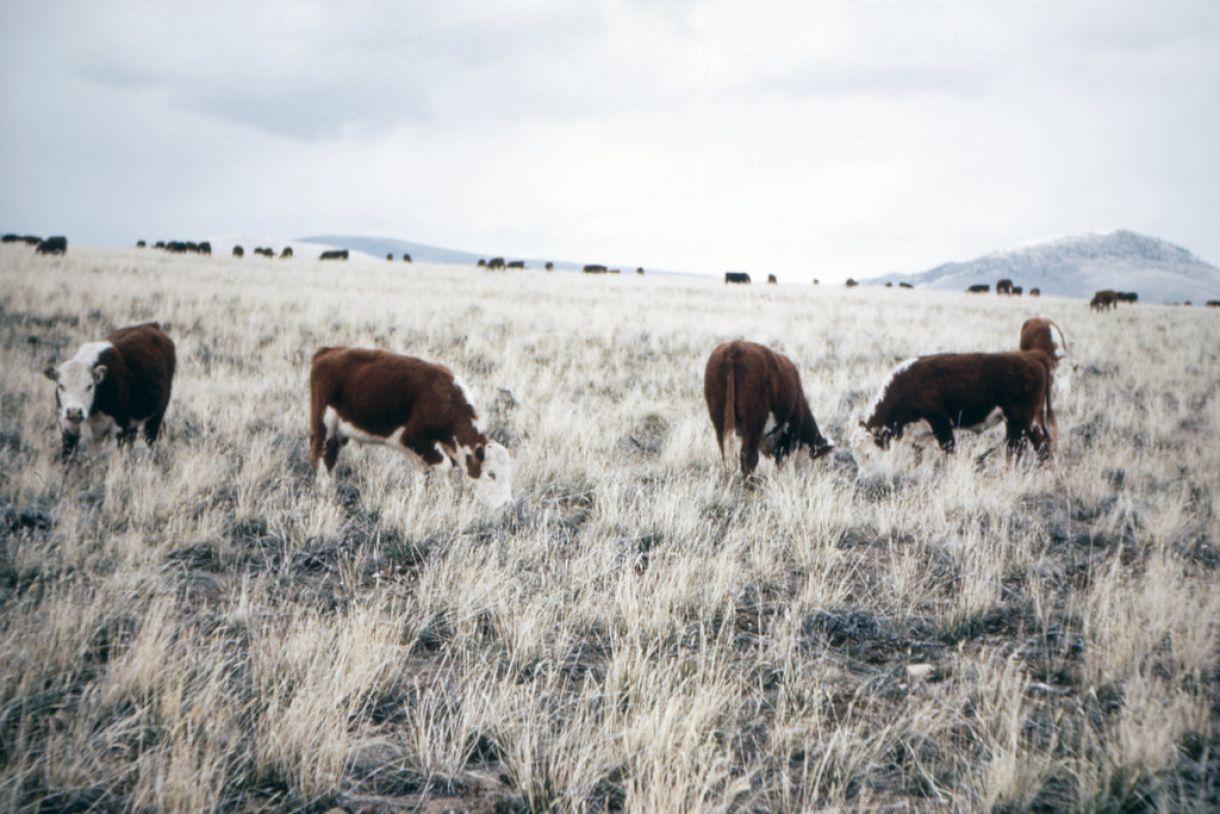The Myth of the Public Trust Doctrine for Wildlife
A new organization, called the Montana Public Trust Coalition, has been created by the same old leftist activists groups who have for years been attacking Montanans’ property rights. Expanding the public trust doctrine to apply to wildlife has been the north star for these activists since the 1970s. If wildlife were to be held in a public trust, all private property rights would be superseded, allowing hunters to trespass without recourse.
Two public trust proposals were introduced during the 1972 Constitutional Convention, and both were wisely rejected. Contrary to the claims of some, a public trust doctrine for wildlife is not the law in Montana.
We’ve created a fact sheet to knock down the myths of the public trust doctrine. You can download it by clicking here.
